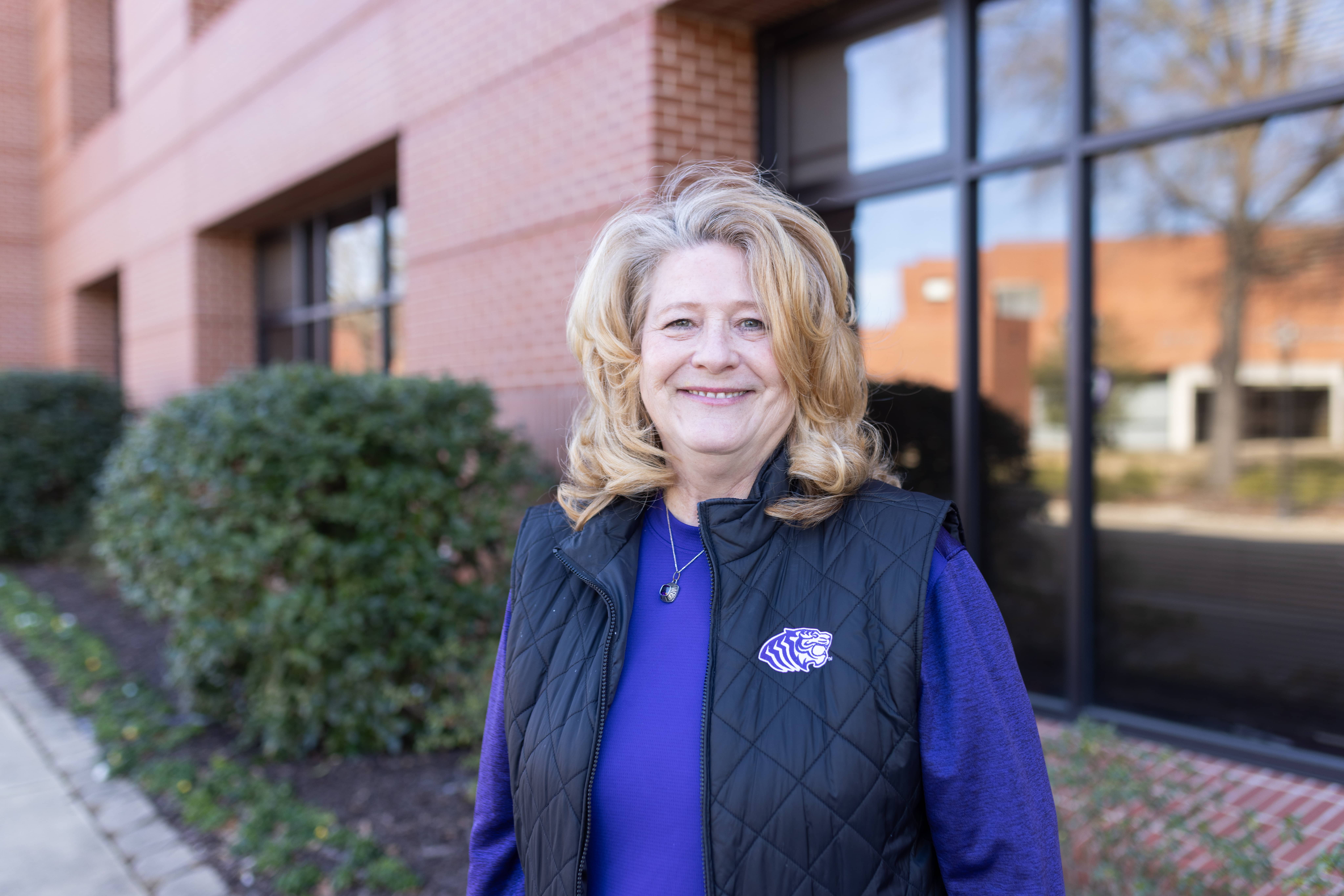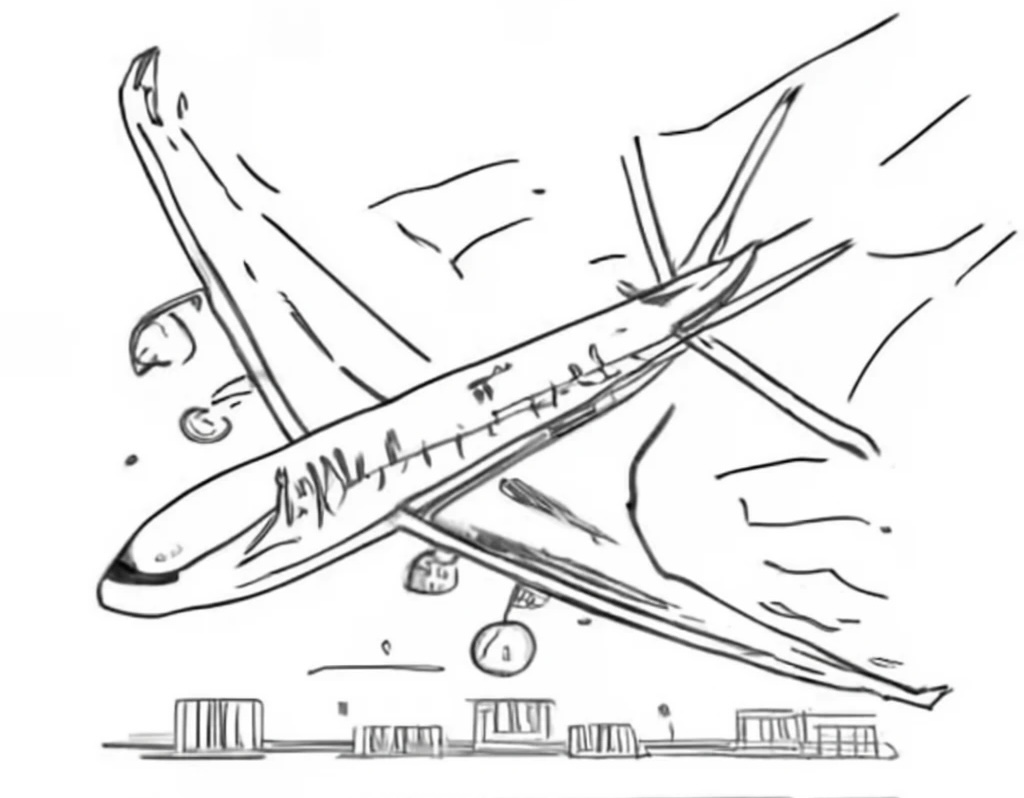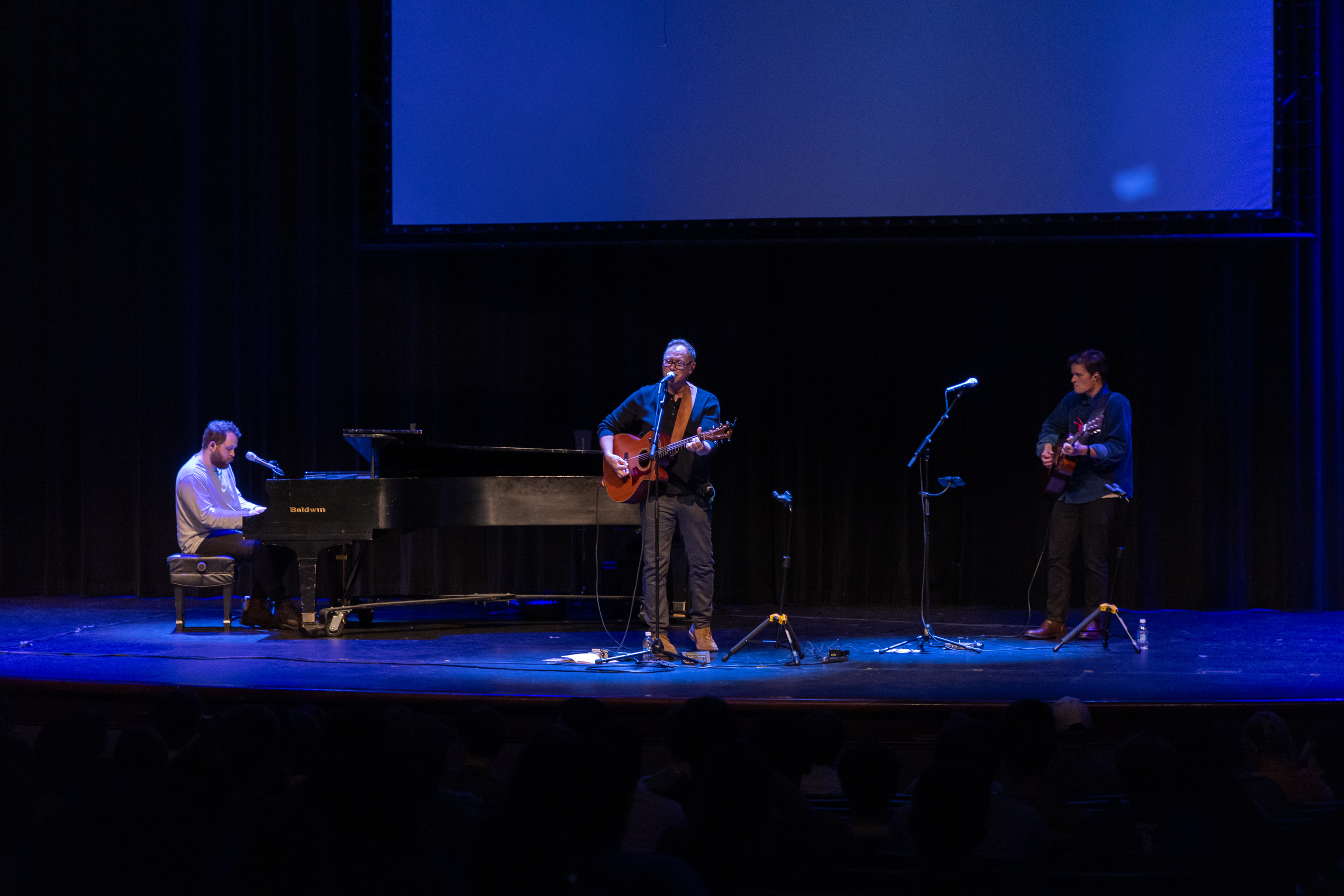It has been 63 years since the end of World War II. Only half a million survivors of the Holocaust are still around to tell their stories. Many of them are reaching the ends of their lives — an estimated 50,000 pass away each year.
“Everything that I will tell you is my life story,” Blum said at the start of Tuesday’s gathering.
She grew up in a small village in Romania, which in 1941 became Hungary.
“I usually will have to say that because Romania never gave up the Jews, but Hungary did,” Blum said.
Because her village was fairly secluded, people had heard little about the Nazis.
“One woman came and she was telling us all the problems, just like I am today telling you all,” Blum said. People thought the woman was deranged. “It was the first time. They didn’t want to believe it.
Even the woman came and told us and they made fun of her. I thought to myself, ‘I know you can’t be deranged. But what you’re saying, if you didn’t see it, how can you talk about it?’ Something sunk into me, but it didn’t last.”
In 1944, after all the Jews in her village were told to register their names and begin wearing the star of David pinned to their clothes, Blum and her family were forced to move from their town to a mountain ghetto.
“Early in the morning they came in,” she said. Blum’s family of 10 had to load all they could into a horse-drawn cart.
“We only had something like an hour’s time to get out of the house,” Blum said, “and we did. We managed to get out. We had been going for probably an hour and my mother says, ‘I forgot the money.’ Here we were going to the ghetto with no money, seven children, my grandmother and father.”
A day and half later, after traveling some 31 miles, the family arrived in the ghetto.
“We didn’t have any running water,” Blum said. “We didn’t have toilets. We were over 100,000 people in a mountain in tents. You can imagine the chaos that took place. I mean words does not have explanation. Life became so hard and so difficult to live and survive.”
For six to eight weeks, Blum lived this way.
“It was tough in the ghetto,” she said. “It was so tough that when it came that they told us they were going to relocate us, we were ready to leave. They said … the only thing that we need is to take some pots and pans. And then we got in the line, and we got in the train. If you have too many pots they took them away, and they gave to the other ones some.”
The kitchenware was not for cooking, though, as they were told.
“Four days and four nights we were in the train,” Blum said, “and all that was saved in the pots and pans — the waste from our bodies.”
There were 150 people in the boxcar. While on the train during those four days and nights, the doors never opened.
“When we arrived at Auschwitz it was a very beautiful day,” Blum said. “My spirit was very high that day, for some reason. We had arrived to our destiny.”
Blum remembers it was “a little after 11 o’clock in the morning.” She could see the large clock in front of the main crematorium.
“We had a reception like you had never believed,” Blum said. “We arrived and music was playing on one side, on the other side the gypsies were performing. It looked very serene, very nice.”
What happened next forever changed the course of Blum’s life.
“I remember my grandmother saying, “Now that we are here, let me comb your hair,’” Blum said. “I released the ponytails and as soon as I released the ponytails, the door opened up. When the door opened up, I was pushed out. I said to my grandmother, ‘I cannot go like this. My hair will go over my face.’ She said, ‘OK, go find something to tie up your hair.’ And I went back in the train — the same train as we traveled. The reason I remember I went back into the same train was there was a woman that give birth to triplets [over the four day period].
“There was a beautiful scarf on the floor. And I said to her, “Is this scarf yours?’ And she said, ‘No, it’s not.’ I said, ‘Can I have it?’ And she says, ‘Yes, go ahead.’ So I took the scarf and I made a rope out of it and I tied my hair.”
At that point, a black vehicle with two red crosses painted on either side pulled up, blocking Blum from leaving the train.
“It got me separated from my family,” Blum said.
She said the vehicle looked like a “little ambulance, but when you opened the back door, it was full of corpses.”
“They took this woman with the three babies and put them to the top of the corpses,” Blum said. “When they did that, something went bizarre in my head. I became very frustrated and I thought to myself, ‘Now something evil goes on here. There is evil.’ I was very, very disturbed.
“I saw my mother about a block away from me, and I screamed out very loud. She turned her head. She had one baby on one side and another baby on the other side, and that was the last time I saw my mother. It was almost like she said goodbye to me because she turned her head. And to me that was my goodbye to her.”
By being separated from her family, through something as simple as untying the braids in her hair, Blum missed a round of possible executions.
“This was a big thing,” Blum said, “because as long as you stayed with the family … together with the mother and the daughter, they let them go in together in the crematorium.”
Blum was registered into Auschwitz, was told to undress and was given a pair of underwear, a dress and a pair of Hollander shoes. The shoes were large and wooden. Blum carried them around much of the time. Tattooed on her left forearm were the numbers A16604. Auschwitz prisoners were the only people in all the camps to undergo the tattooing procedure.
During her time in the camp, Blum spent several days in the hospital, witnessed the death of a young girl from a bed collapse and worked in the camp kitchen.
“I used to get …very hungry,” Blum said. “And then something came to me. I said, ‘The cows eat grass to live. How come I can’t do that?’ So I started hunting for grass. But you couldn’t find grass too many places. You find the roots. I used to clean the grass off the roots and chew on the roots, too. But then I discovered an area behind the kitchen. It was a restricted area. Nobody was allowed to go in, and the grass was growing nice. And I used to smuggle myself inside somehow… I ran in, took a handful [of grass] and ran out.”
She was caught one day and was given the job of carrying 25 kilogram, 55 pound bags of an unknown powder that was put into soup. The powder caused each person to react differently, though generally people became sick from eating what was known as the “onion soup,” for it tasted like onions.
Being in the kitchen, Blum was fortunate enough to have access to potatoes that she cooked on the kitchen coals. For six months she avoided the soup and ate potatoes.
After those six months in Auschwitz, Blum was able to volunteer to work in a factory near Dachau in southern Germany.
“I left on the last train from Auschwitz and we went to Dachau,” Blum said.
She never did work in the factories, due to a breakout of typhoid in Dachau.
“I was on the outskirt of the camp … and we were taken into Dachau,” Blum said. “When I got to Dachau, they asked us do we want to stay in Dachau or do we want to march out to the mountains, and I said let’s march out. I knew one thing — if I get out of Dachau and we walk in the street it will be easier to survive than to stay in the camp.”
Blum was liberated by Eisenhower’s Fourth Army.
“Two days before America came in, the Germans put us in a school and they ran away,” Blum said.
Once liberated, Blum and the others stayed in the school “for a couple of weeks” then were “put in another camp.” Blum needed an appendicitis operation, so she found herself in a hospital.
“Eight days after I was in this hospital, I liked it very much,” she said. “And so then I asked somebody, I said, ‘I’d like to stay a little longer. I don’t want to leave here.’ She said, ‘You can stay longer.’ And I said, ‘How?’ She said, ‘Complain about your stomach.’ Each time the doctors came in, asked me, ‘How do you feel?’ I’d say, ‘My stomach hurts.’
“They were giving me stomach medicine, but there was nothing wrong with my stomach. So what I did, I got a plant and I put the medicine in the plant. I was betrayed by a plant. They caught me. All the plants around me died except for mine. Mine was living because I was putting all the stomach medicine in it. Three months I was in the hospital with my stomach, until they caught me.”
In 1950, Blum moved to the United States. One of her brothers, also a survivor, lived in Belgium until his death last year. He was 85 years old. She and her brother did not talk about their experiences during World War II for several years.
“I think I came over here to United States and I told it to one of my friends,” Blum said. “She asked me. When I finished up my story she looked at me and she says, ‘Thank you for the nice story.’ And I looked at her and I said, ‘What?’ I talked pain and anger and frustration and suddenly you call it a story? I looked at her and I closed my mouth and I never discussed it for about 20 years.”
A kid wanted to hear her story, so Blum met him at a country club and he recorded the interview.
“I never realized that that tape would be so important for me,” Blum said. “I remember I rehearsed it before I went in there. That’s when I started speaking. I was scared. I was shaky.”
Blum has been telling her story ever since.
“I had cancer myself,” Blum said. “I lost one of my breasts and my right side, the lymph nodes are going, but I still walk and do everything, so I guess He wants me to stay a little bit longer,” she said.
Though many survivors may never care to return to Auschwitz, Blum feels differently for one reason.
“I may well go back,” she said. “I would like to go back one time. There is nothing there for me more than the ashes that are not there anymore — who knows, the wind blew them away. I would like to go back just for my own self to say memorial services for my parents, but that’s all. There’s no other reason.”





I can hear Mrs. Blum’s voice in this article, Chloe!
Rosa, I spoke with you in Bullard Texas at the Oak Grove Bible Church. I want to again, thank you for sharing your experiences, we must never forget.
You touched my heart with your sweet smile and your words, and I would like so much tfor you to also share with me your spiritual beliefs in God. Did you ever feel his loving arms around you in your sorrows?
Did you think about his covenant to his people for the promised land?
I hope you are well and happy,
Sincerely,
A few years ago when I was in high school, I had the honor to hear her speak at the Holocaust Museum in Dallas. Such a wonderful woman. I hope to see her again one day, but if not, I’m so grateful for the time I did have. Thanks for sharing.
I met Rosa in Arkansas and was so inspired by her story. I know I may never see her again but I would love to. Nevertheless, I do have two photos we took together and would like her to have copies of them. She was so kind and loving, my heart ached for her because when I wrapped my arms around her the tears just flowed.
Dear Rosa,
I met you at Rose’s Dress shop in Casa View. You made and altered clothes for me including my wedding dress.
I have thought of you often and wondered how you and your family were doing. Then I saw an interview with you on TV. It’s taken this long for me to figure out how to reach out to you.
I hope you’re well and happy. I love you.
Patty Leonard Watson Cron